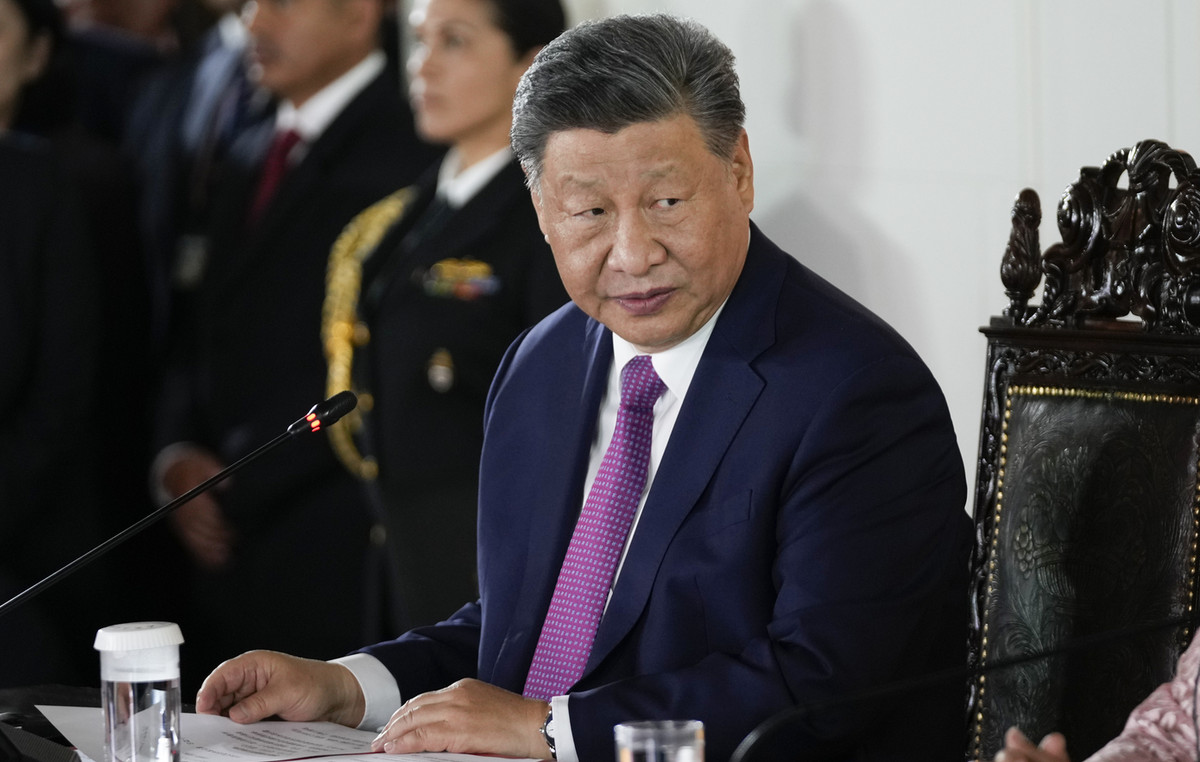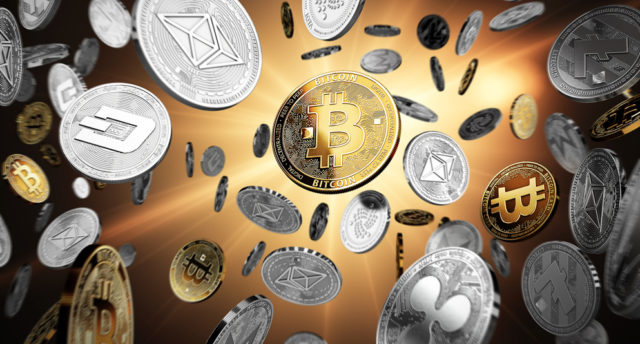The global energy market is undergoing a transformation, catalyzed by the Russian invasion of Ukraine. The scale and long-term impact of the changes are still up for debate.
The International Energy Agency warned last week that the world could be hit by the biggest supply crisis in decades if Moscow cuts its oil output as companies shun its exports and demand slumps in Russia.
Markets remain on edge. Brent crude, a global benchmark, jumped 4% on Monday to $112 a barrel after an attack on Saudi production facilities and pressure on EU countries to join a Russian oil embargo. .
“Investors are eyeing key NATO talks later this week aimed at tightening sanctions on Russia and the prospect of a European oil embargo should be put on the table once again,” said Susannah Streeter, senior analyst. of investments and markets of Hargreaves Lansdown.
Canada, the United States, the United Kingdom and Australia have already banned Russian oil imports, affecting about 13% of Russian exports. Moscow’s continued aggression could bring the European Union on board, a move that could lead to a sea change in the way the continent buys its energy.
“I think it’s inevitable to start talking about the energy sector. And we can definitely talk about oil, because it’s the biggest revenue in the Russian budget,” Gabrielius Landsbergis, Lithuania’s foreign minister, said Monday ahead of a meeting of EU ministers.
Ireland has signaled it could also support a ban on oil imports, although natural gas prices are very high in Europe and an embargo could jeopardize supplies from Russia.
“Looking at the extent of the destruction in Ukraine right now, it is very difficult – in my opinion – to argue that we should not get into the energy sector, particularly oil and coal,” said Irish Foreign Minister Simon Coveney.
Later this week, US President Joe Biden arrives in Europe for meetings with NATO, EU leaders and a G7 meeting. Energy will be at the top of the agenda.
In addition, the European Union has already outlined plans to reduce Russia’s natural gas imports this year, finding alternative suppliers, accelerating the shift to renewable energy, reducing consumption through energy efficiency improvements and extending the life of power plants. coal and nuclear.
There was another big sign of change over the weekend as Germany — Russia’s biggest gas customer — made progress on a major deal to buy liquefied natural gas (LNG) from Qatar.
QatarEnergy said on Sunday that German Economy Minister Robert Habeck confirmed during a meeting with Qatari officials that Berlin was accelerating the development of two LNG receiving terminals.
“The two sides agreed that their respective commercial entities would re-engage and move forward in discussions on the long-term supply of LNG from Qatar to Germany,” QatarEnergy said in a statement.
The International Energy Agency, which monitors energy market trends for the world’s richest nations, is pushing governments to consider further changes.
The agency last week released a 10-point emergency plan to reduce oil demand, which includes reducing highway speed limits by at least 10 km/h, working from home up to three days a week whenever possible, and car-free Sundays in cities.
Other steps in the emergency plan include increasing car-sharing, using high-speed and night trains instead of planes, avoiding business air travel when possible, and encouraging walking, cycling and public transport.
If fully implemented, the measures would reduce world oil demand by 2.7 million barrels a day in four months. That’s equal to the oil consumed by all cars in China, the IEA said.
Source: CNN Brasil
I am Sophia william, author of World Stock Market. I have a degree in journalism from the University of Missouri and I have worked as a reporter for several news websites. I have a passion for writing and informing people about the latest news and events happening in the world. I strive to be accurate and unbiased in my reporting, and I hope to provide readers with valuable information that they can use to make informed decisions.







